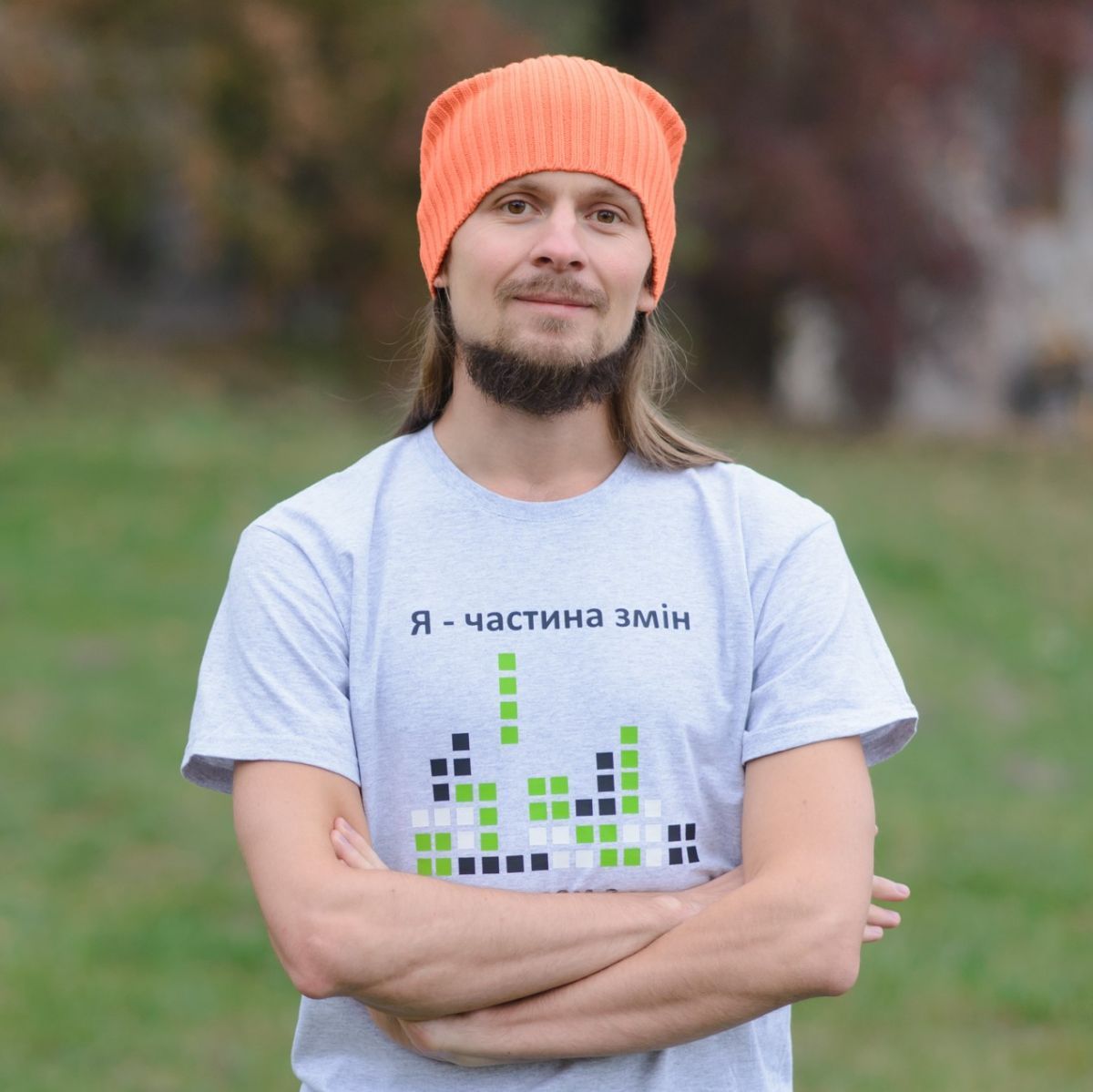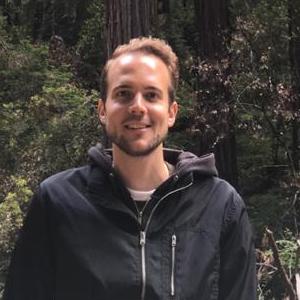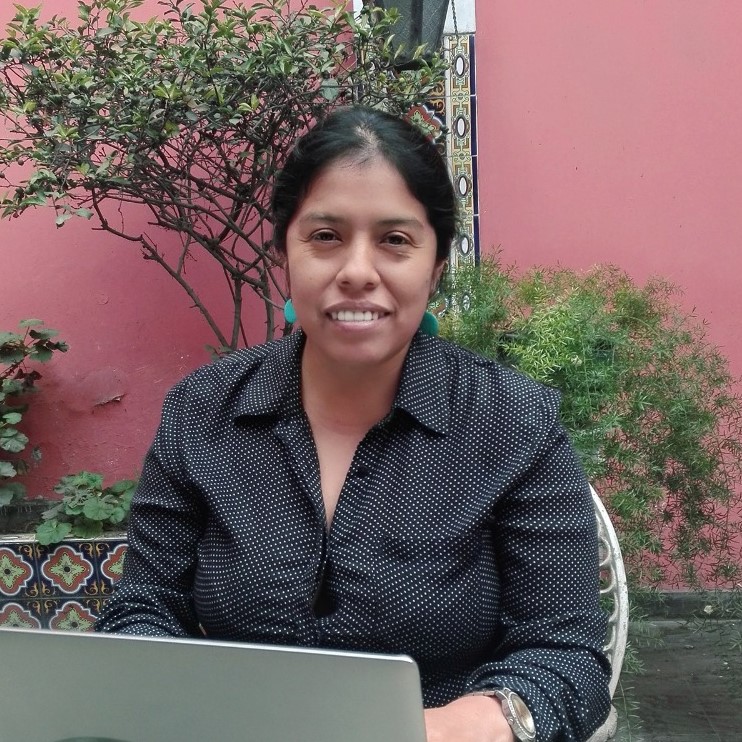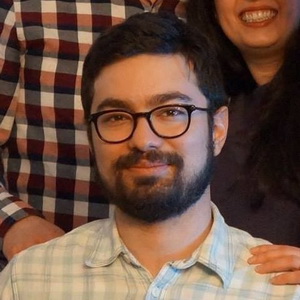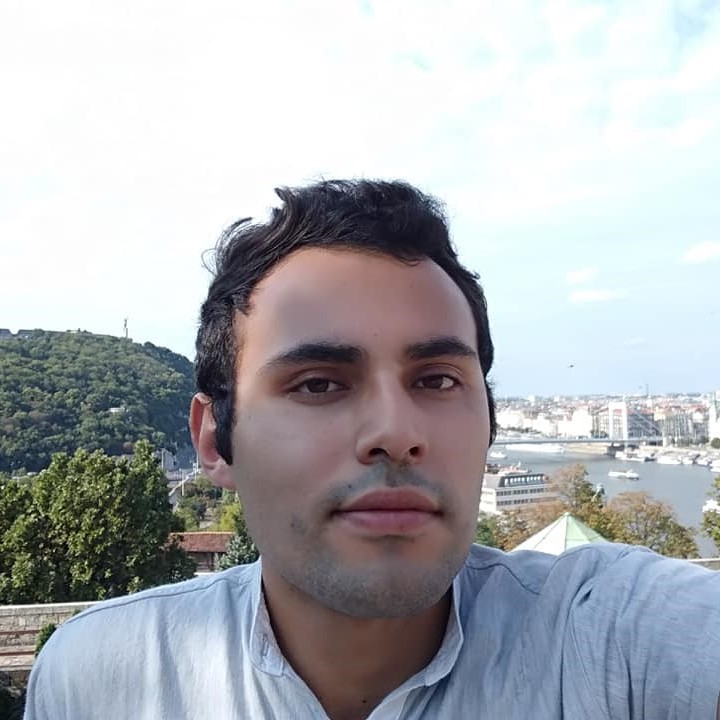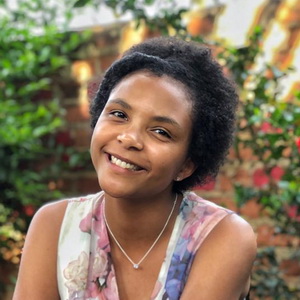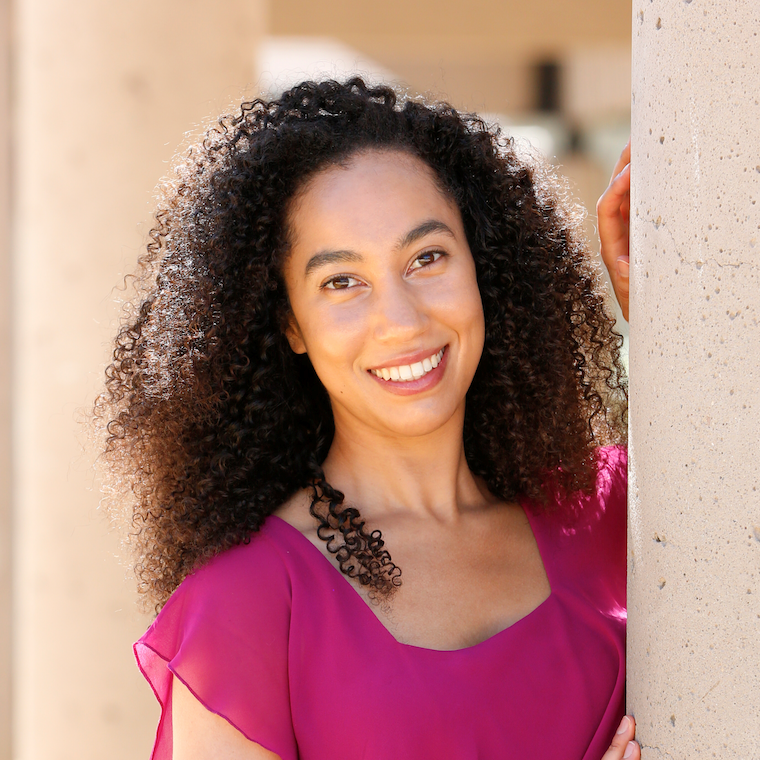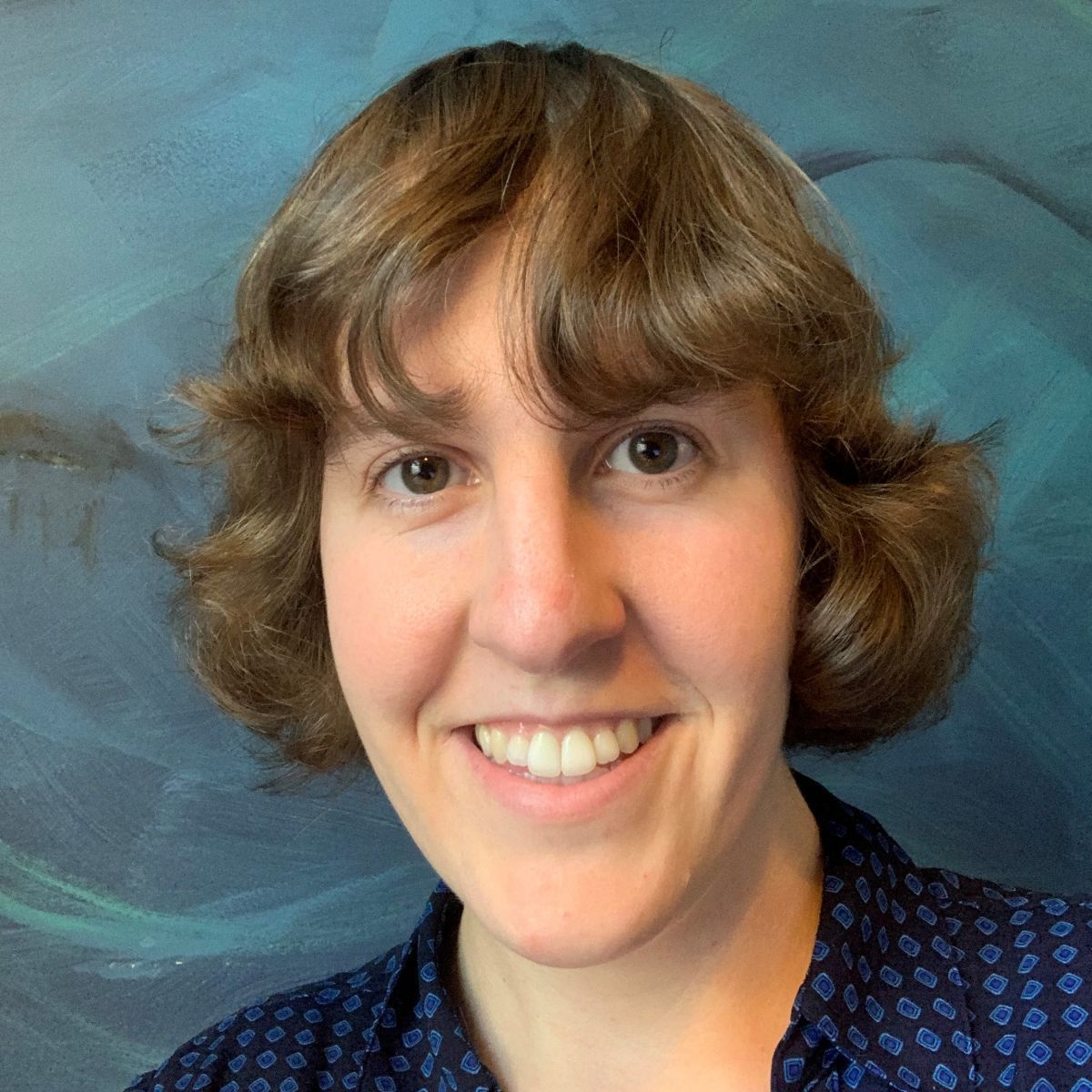Спрашивать а не указывать: как правительство работать с общинами по изменению климата.
Регионы и местные НПО разбираются лучше правительства в экологической политике. Поэтому именно регионы должны возглавить энергетический переход в Украине.
Ukraine, Eastern Europe
Story by Illia Yeremenko
Published on January 23, 2021.
This story is also available in 







Listen to this story:
В 2019 году в Украине прошли двое выборов [1] и новое правительство изменило экологическую политику в Украине. Министерство энергетики и угольной промышленности и Министерство экологии объединили в одну структуру, назвав ее «Министерство энергетики и защиты окружающей среды». Далее, новый министр энергетики и окружающей среды предложил концепцию «Нового зеленого соглашения» для Украины. [2] Я поддерживаю саму идею, но, по моему опыту работы с органами местной власти, могу вас заверить, что утверждению такого документа должно предшествовать гораздо больше обсуждений с заинтересованными сторонами на всех уровнях, в частности на местном.
В 2010 году я студентом пришел волонтерить в экологическую НПО. Моей первой задачей стало исследование энергетической эффективности Маневицкого района, небольшой административной единицы на севере Украины. Общаясь с сотрудниками местной администрации, я отметил их высокую мотивацию. Они стремились улучшить комфорт жителей путем повышения энергетической эффективности общественных зданий. Хотя далеко не всегда госслужащие настолько мотивированы, все, с кем я общался, действительно хотели улучшить жизнь своих сограждан. Такое отношение особенно характерно для небольших общин, где госслужащие представляют потребности своих друзей и соседей. Поэтому я убежден, что именно регионы, а не центральное правительство, должны возглавить «новую зеленую трансформацию».
Центральная власть должна это понять. В своей работе в НПО, я вижу национальном политику с перспективы местных чиновников. Правительство планирует на уровне страны и не советуется с регионами. Недостаточные консультации ведут к трудностям во время внедрения политик на местах. Например, государственные субсидии на оплату коммунальных услуг для малообеспеченных семей начисляются так, что это противоречит энергоэффективности. Чтобы иметь право на субсидию, домохозяйство должно потребить определенный объем газа в год. Если оно потребляет меньше, то теряет субсидию. Таким образом, людям приходится жечь больше природного газа чтобы получать субсидию. Я называю это антистимулом.
Однажды в кафе я обсуждал с коллегами как сократить разрыв между национальной политикой и местным уровнем. Эти размышления воплотились в крупнейшее событие, которое я когда-либо организовывал: форум «Климатические амбиции городов», 2019 год. Мы собрали представителей 50 органов местного самоуправления, включая мэров семи городов. На форуме 21 местный совет подписал декларацию форума, призывающую уделять больше внимания изменениям в регионах, в частности в сферах зеленой энергетики и климата. Это было самое большое и влиятельное событие в сфере энергетики, которую организовывали украинские общественные организации.
Многие участники высказывались в поддержку идеи улучшения сотрудничества между местным и национальным уровнями а также «новой зеленой трансформации» в целом.
Я гордился тем, чего удалось достичь.
Как общественные организации, мы поддерживаем органы местного самоуправления, которые готовы к действиям для преодоления изменений климата. Если бы правительство делало так же, перейти к новой зеленой экономики удалось бы очень быстро.
[1] Больше о выборах можно почитать тут и тут.
[2] См. публикацию Кабинета министров Украины. Скачать концепцию можно по ссылке.
How does this story make you feel?
Follow-up
Do you have any questions after reading this story? Do you want to follow-up on what you've just read? Get in touch with our team to learn more! Send an email to [email protected].
Talk about this Story
Please enable cookies to view the comments powered by Disqus.
Subscribe to our Monthly Newsletter
Stay up to date with new stories on Correspondents of the World by subscribing to our monthly newsletter:
Other Stories in Русский
Explore other Topics
Get involved
At Correspondents of the World, we want to contribute to a better understanding of one another in a world that seems to get smaller by the day - but somehow neglects to bring people closer together as well. We think that one of the most frequent reasons for misunderstanding and unnecessarily heated debates is that we don't really understand how each of us is affected differently by global issues.
Our aim is to change that with every personal story we share.
Community Worldwide
Correspondents of the World is not just this website, but also a great community of people from all over the world. While face-to-face meetings are difficult at the moment, our Facebook Community Group is THE place to be to meet other people invested in Correspondents of the World. We are currently running a series of online-tea talks to get to know each other better.











